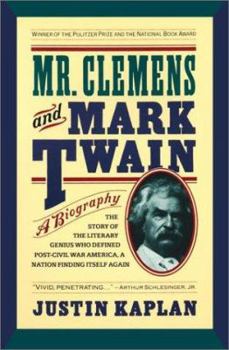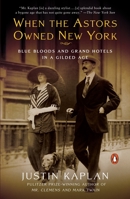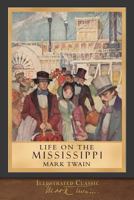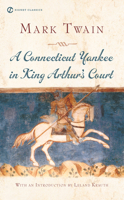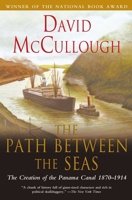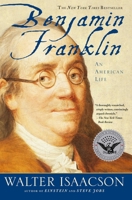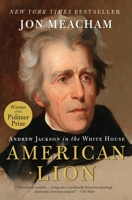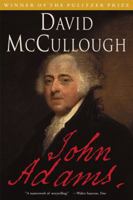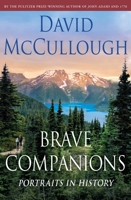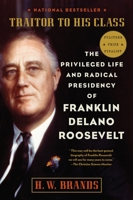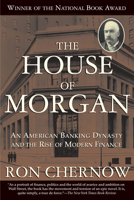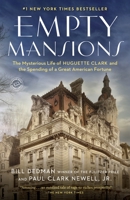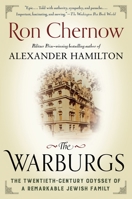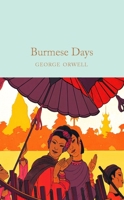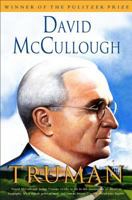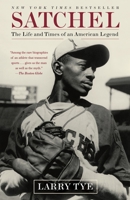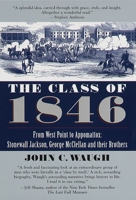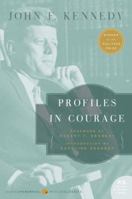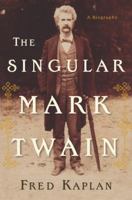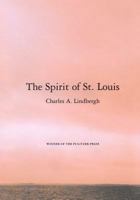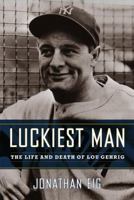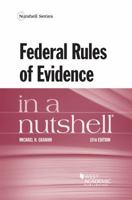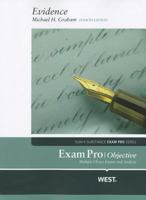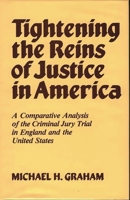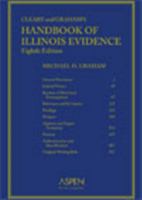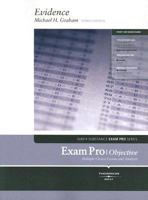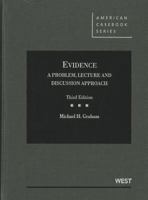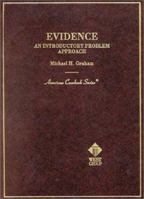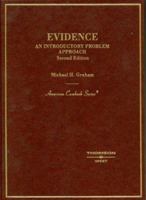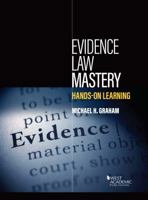Mr. Clemens and Mark Twain: A Biography
Select Format
Select Condition 
You Might Also Enjoy
Book Overview
Customer Reviews
Rated 4 starsUltimate Twain biography.
Wordy in places, but still the best, most comprehensive biography of Samuel Clemens.
0Report
Rated 5 starsSamuel Clemens Unveiled
It's no wonder this book won the Pulitzer Prize and the National Book Award. This is a serious, entertaining and informative treatment of one of the greatest American writers, and, in terms of his life and attitude, one of the best representations of 19th century America. In detail that becomes adornment to its subject, the author proceeds to map out the course of Samuel Clemens, aka Mark Twain, as he progresses as a writer...
0Report
Rated 4 starsA split personality!
Kaplan's National Book Award and Pulitzer winner starts with Samuel Clemens' arrival in the East already quite famous due to the popularity of "The Celebrated Jumping Frog of Calaveras County." Almost immediately Clemens sets off to earn his living as a humorous lecturer. Kaplan shows us the many techniques he used such as the extended pause and how carefully he orchestrated his performances. Clemens' first literary success...
0Report
Rated 5 starsNever a Better Twain Shall Meet
This scholarly and readable life of Twain begins with his thirties and carries the master humorist through the glorious successes and bitter tragedies that would haunt him. Well written and full of insightful analysis into his real character this book brings to life a persoanlity so large that it took a new era (Gilded Age) and two centuries to contain it! For his boyhood try Deep Waters- an equally good review of his wit...
0Report










